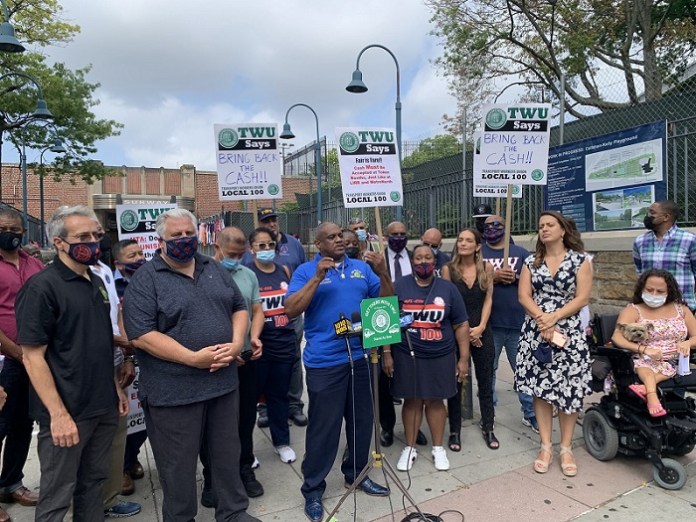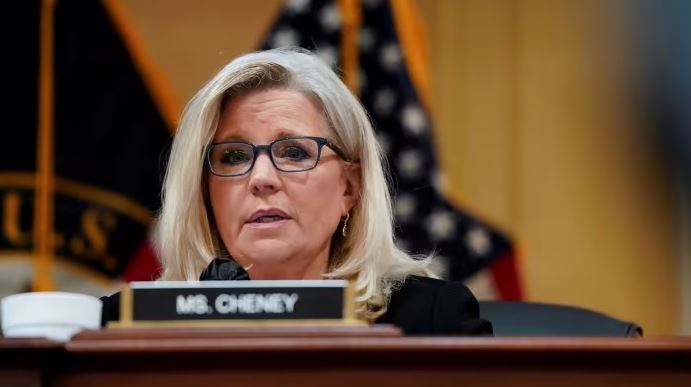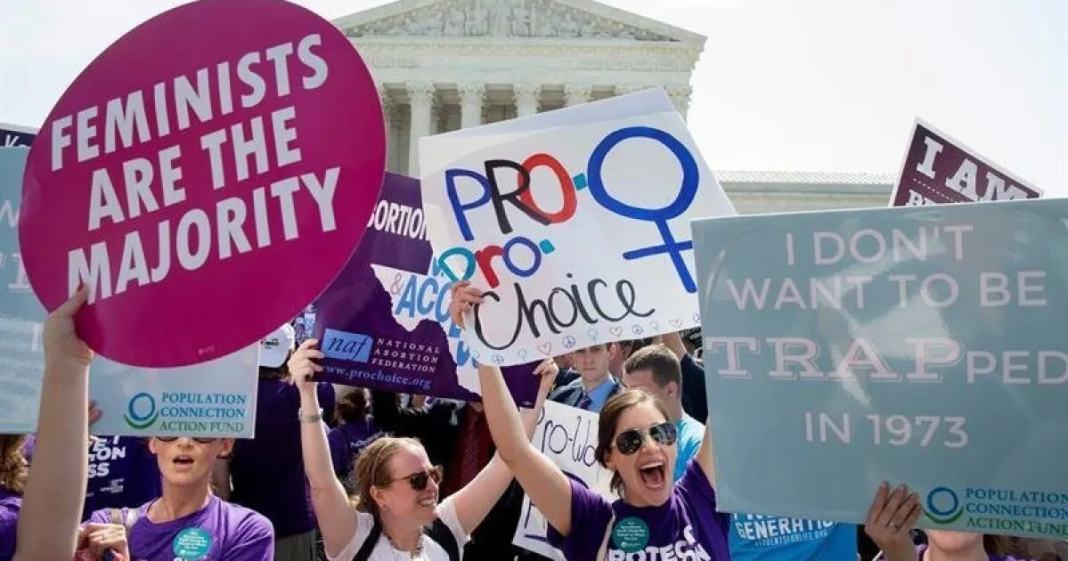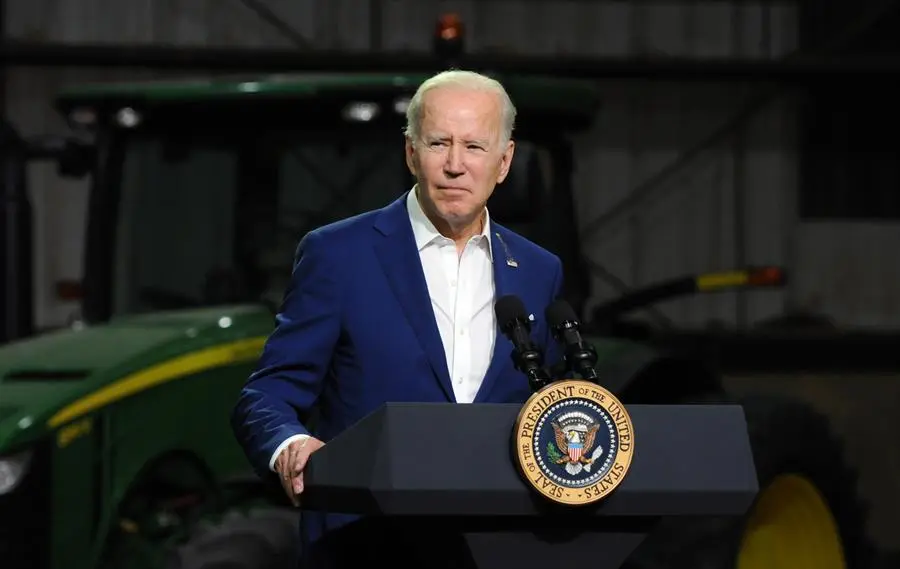State Sen. Julia Salazar, Assemblywoman Catalina Cruz, TWU Local 100 President Tony Utano, public transportation advocates, and community members held a press conference to reject the MTA’s transition to the cashless system and the plans to remove agents from metro stations.
Gradually, the Metropolitan Transportation Authority has been advancing in a process of “modernization” of its services when making payments at the booths or automatic machines, rejecting any type of cash transaction.
This has provoked a rejection from legislators and the main users of public transport, “the working class” who joined the conference outside the Broadway Junction station in Cypress Hills, to demand that they will be the most affected by this unilateral decision. .
While the MTA has argued that payments with bills or coins would avoid direct contact between employees and customers. Those who make daily use of transport consider it discriminatory because many people, especially undocumented people, do not have debit or credit bank cards.
“The most affected are people who do not have bank accounts and that would not allow them to use public transportation,” said Queens Assemblywoman Catalina Cruz.

Data from the New York City Department of Consumer and Worker Protection for 2019 reveals in its annual report that 11.2 percent of New York City households are unbanked.
The New York City Economic Development Corporation says that 22% of New York City residents have no credit history.
With this decision, the MTA could cause users to decrease again, after experiencing a decline during the COVID-19 pandemic, which would again cause economic losses.
“We want to make it clear that the MTA must resume accepting cash at New York City toll booths and halt its transition to a cashless system,” demanded Brooklyn State Sen. Julia Salazar.
As explained by the legislators, the MTA’s decision is motivated in part by trying to reduce labor costs and front-line workers of the MTA, who “helped us overcome the pandemic.”

They will likely face significant job losses if this plan is fully implemented. Regardless of the fact that most of the people who are served by the booth agents are older adults who have problems using the automatic machines.
“When the machines give users problems, they will not respond,” said Mr. Luis Gómez, an MTA worker, who argued that they are not only there to help carry out a transaction, but to maintain security or When an emergency occurs, “We are there not only to sell, but to assist the public as well,” he added.
The president of TWU Local 100, Tony Utano, echoed this same sentiment by stating that the attendees are in the cabins as support and support to the passengers, also questioning that, if it is eliminated, many of them will be laid off.
Impacto Latino was able to verify that several machines at the station were not accepting cash.
“They are not accepting cash, lately these machines are not working, if you do not have one, you have a credit card, you cannot buy a ‘Metro Card'”, said indignantly Ricardo Orta, who tried several times to enter a ticket to corroborate his anger.























































































